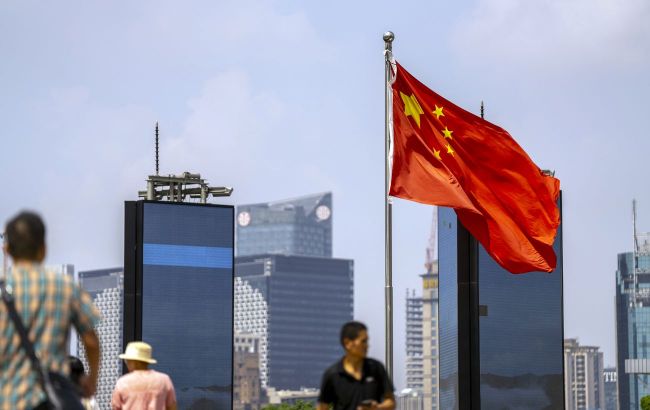Russia struggles to pay China due to delays and high fees
 Chinese flag (Getty Images)
Chinese flag (Getty Images)
Russian companies are increasingly facing payment delays and rising transaction costs with their Chinese partners. This issue, affecting tens of billions of yuan, has significantly worsened this month, leaving transactions in limbo, citing Reuters.
In August, the situation was heavily influenced by the tightening of requirements for compliance with international sanctions against Russia. The requirements changed after the U.S. threatened China with secondary sanctions for cooperating with Russia. Consequently, Chinese banks, particularly state-owned ones, began to halt operations with Russian companies en masse, including delaying payments worth billions of yuan.
"At that moment, all cross-border payments to China stopped. We found solutions, but it took about three weeks, which is a very long time, trade volumes fell drastically during that time," a Russian source familiar with the situation told Reuters.
Despite the sanctions pressure, China remains Russia's largest trading partner, accounting for a third of its foreign trade. However, payment delays for imported goods, including industrial equipment, are forcing Russian companies to seek alternative ways to solve the problem. Reuters notes that some resort to buying gold, transporting it to Hong Kong, and then converting it into cash. This allows them to bypass the strict requirements of Chinese banks.
According to sources, such measures increase transaction costs by up to 6%, which is especially critical for smaller Russian companies, some of which have been forced to halt operations.
Journalists have pointed out that problems with the payment system could become a barrier to attracting new investments from China, which is crucial for Russia's industrial sector.
Data from a study by the Russian Academy of Sciences China Institute shows that the current situation with payments from Chinese banks only deepens Russia's dependence on China, particularly in the supply of industrial equipment, where China is the leading supplier. Therefore, this will have serious consequences for the Russian economy.
Sanctions against Russia and attempts to circumvent them through China
Since the imposition of global sanctions against Russia for its full-scale invasion of Ukraine in 2022, the Kremlin has been attempting to circumvent them through China. The US and European countries have begun implementing new restrictions to prevent Russia from doing so.
Russia's economy is currently highly dependent on China. The continued strengthening of sanctions against Russia, as well as the introduction of new mechanisms to prevent the circumvention of these restrictions, could deprive Moscow of the resources to continue its criminal war against Ukraine.
The head of the National Bank of Ukraine, Andrii Pyshnyi, has already explained how the new US sanctions tactics against Russia have impacted the Russian economy, with significant pressure exerted on Chinese banks.
Earlier, we reported, citing a survey by the Democratic Initiatives Foundation and the Razumkov Center, on what Ukrainians think about Beijing's role in potential negotiations with Russia.

